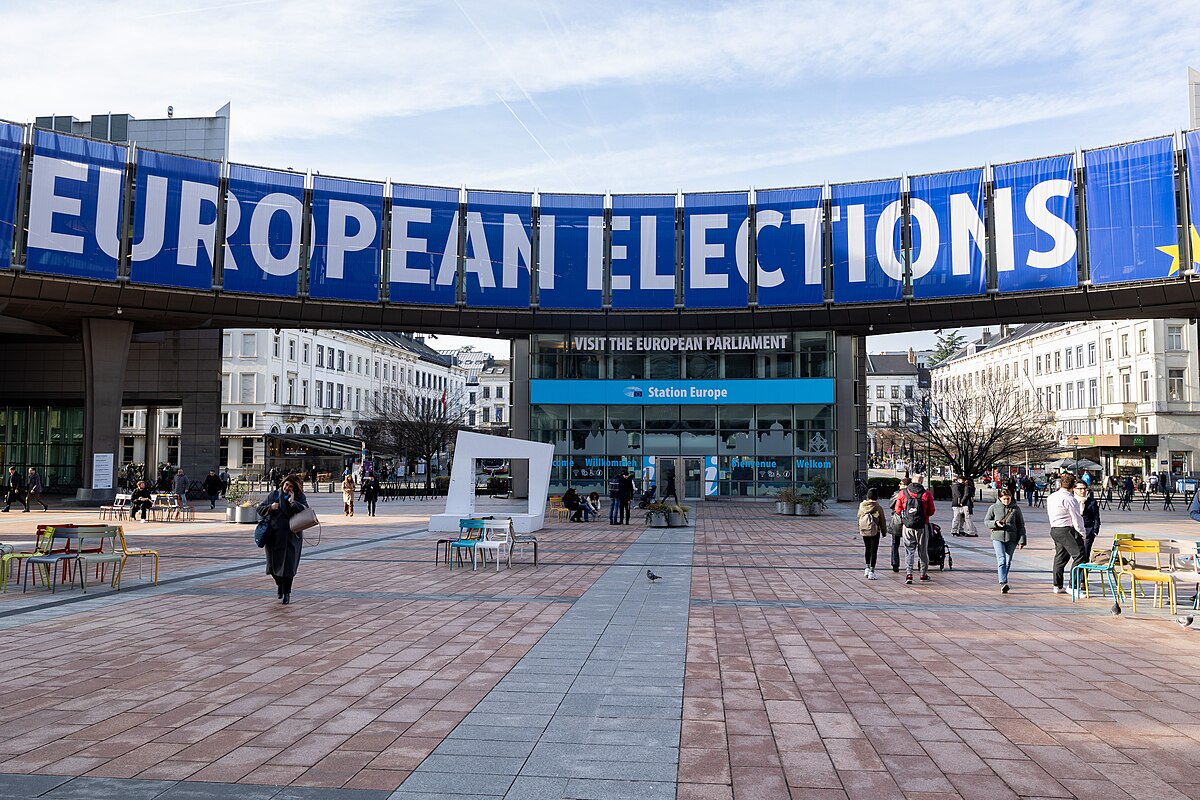
Belgium: “The Third Election”

What do the European Commission, Belgium’s federal government and the country’s regional governments all have in common? Their terms end at the same time. While holding the elections for the respective assemblies on the same day has a practical advantage, it reduces the capacity to identify which level of power is competent for which matter and, inevitably, weakens the democratic system. The European elections receive relatively little attention, in a country currently holding the Presidency of the Council of the EU.
Traditional parties in power facing a radical opposition
Since October 2020, Prime Minister Alexander De Croo has led a federal government made up of no fewer than seven parties from the four traditional political families: the liberals – Open VLD/MR (Renew); the socialists – Vooruit/PS (S&D); the Greens – Groen/Ecolo (Greens/EFA); and the Christian Democrats, on the Dutch-speaking side of the linguistic border only – CD&V (EPP). The opposition is therefore composed of the Flemish nationalist party (N-VA, which belongs to the ECR group and is currently the biggest party in the Chamber of Representatives); the radical right (Vlaams Belang; ID); and the radical left (PTB/PvdA; GUE/NGL), together with Les Engagés (EPP) – the French-speaking Christian Democrats – and DéFI (which has no representation in the European Parliament), in addition to two independent MPs.
The rest of this article can be found on the CIDOB website.
(Photo credit: Wikimedia Commons)